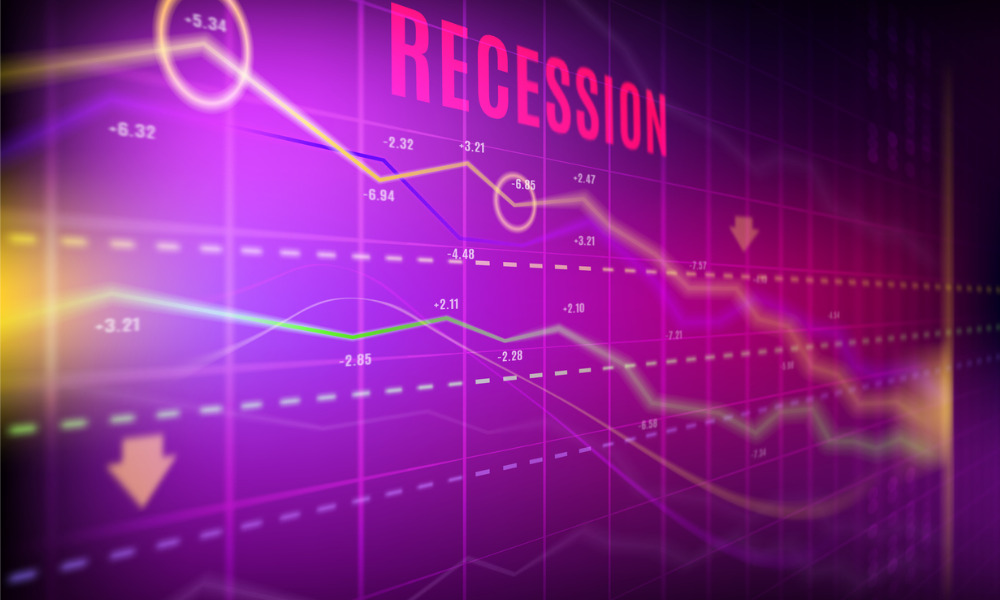AGF Investments chief argues that a significant stock market correction could be ahead

History tells us that interest rate hikes to tackle overheated inflation will typically lead to recession with a slump for equity markets. But this time isn’t following the script, yet.
However, brushing off the likelihood of recession and deciding that a soft landing is ahead may catch out investors according to Kevin McCreadie, MBA, CFA, the CEO, and chief investment officer of AGF Investments.
Writing on the firm’s website, he addresses the potential of a significant stock market correction ahead and why things changed this month for the S&P500 after recent highs at the end of July.
Having gained 20% since the start of the year, he notes that profit taking was expected, along with a typical slowdown for equities following earnings season. But does that mean a temporary bump in the road or are there shocks to come?
Calls for a soft landing are based on the strength of the economies in the US and Canada, with unemployment not surging and consumer spending holding up against rising costs.
McCreadie highlights that most investors were not talking of a soft landing when the Fed, BoC, and other central banks began tightening monetary policy and interest rates surged. “In fact, there’s rarely been an instance over the past 50 years when rate hikes didn’t cause a recession,” he wrote, adding that there can be a time lag of 18 months or more before hikes bite.
His cautious tone comes as the latest GDP data from the United States shows a 2.1% annualized rate for April to June, revised down from the 2.4% pace reported last month. Reuters’ poll of economists showed expectation for unrevised stats and for third-quarter growth of 5.9%, although this may be overstated.
Canadian economy
Back to AGF’s chief who points to some signs of slowdown in the Canadian economy, such as housing, manufacturing, and consumer spending.
“Granted, that doesn’t mean a recession is now assured, but it should give investors hoping for a soft landing some pause,” McCreadie states, noting that global economic pressures could exacerbate weakness at home.
On the potential correction for equities, McCreadie points out that those suggesting that the 25% drop for equities seen last summer would be as bad as things get, may be ignoring historical evidence of stocks declining in the lead-in to a recession.
However, what the central banks do to mitigate the impact of recession would play a key role in market movements.
“Ultimately, equity markets remain precarious despite the rally so far this year and the potential for losses may only grow if economic activity continues to wane and central banks can’t stick the landing without a hard thud,” concludes McCreadie.



